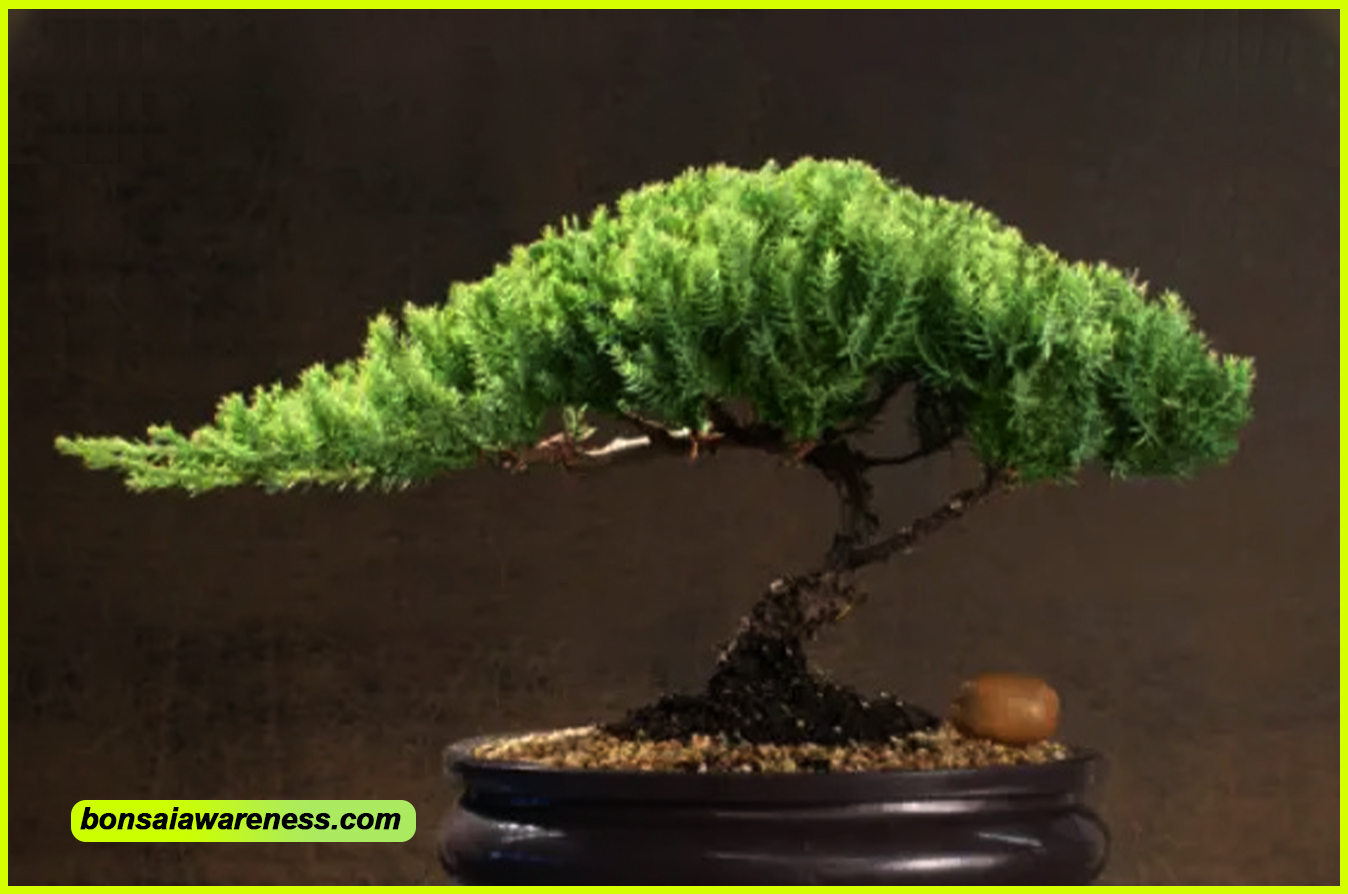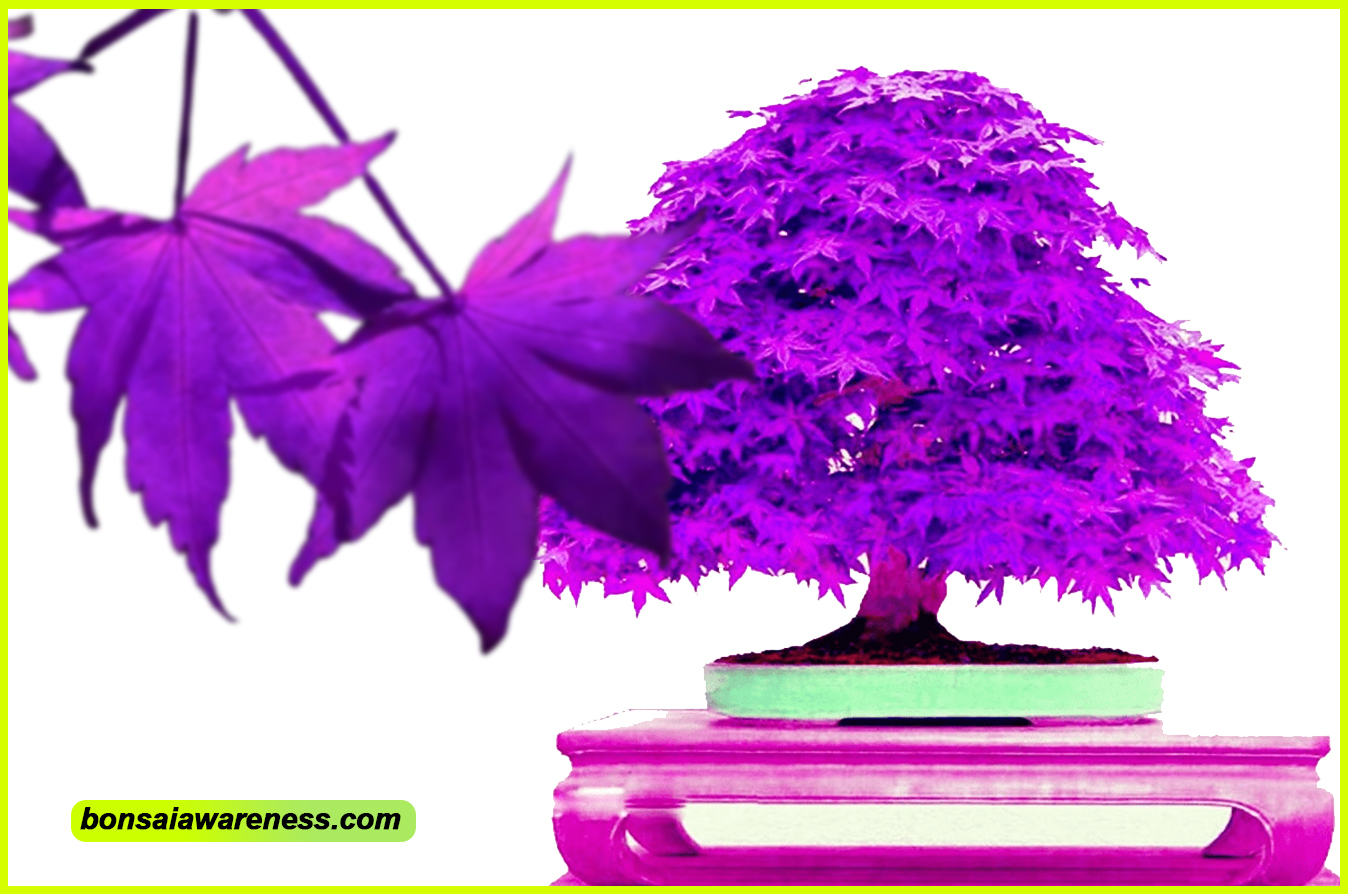Yes, Juniper Bonsai Trees can thrive indoors with proper care and maintenance. Introducing a touch of nature into your home can bring a sense of tranquility and beauty.
One popular option for indoor plants is the Juniper Bonsai Tree. These miniature trees are known for their stunning foliage, unique shape, and ability to add a touch of Zen to any space. While traditionally grown outdoors, Juniper Bonsai Trees can also thrive indoors, allowing you to enjoy their charm year-round.
We will explore whether Juniper Bonsai Trees can live indoors, the care they require, and how to create an ideal environment for their growth. So, if you’re eager to bring the beauty of a Juniper Bonsai Tree into your home, read on to learn more.
Benefits Of Indoor Juniper Bonsai Trees
Indoor Juniper Bonsai trees offer several benefits. One of the advantages is their low maintenance requirements. These trees require minimal care, making them ideal for busy individuals or those with limited gardening experience. Another benefit is their year-round beauty. Juniper Bonsai trees have evergreen foliage, which means they retain their vibrant green color all year long. This provides a constant source of natural beauty in any indoor space. Additionally, Juniper Bonsai trees thrive in indoor environments, so they do not require any special conditions or specific temperature ranges. This makes them a versatile choice for any home or office. Whether you are a novice gardener or simply want to enhance your indoor space, Juniper Bonsai trees offer both convenience and aesthetic appeal.
Choosing The Right Juniper Bonsai Tree For Indoors
Juniper bonsai trees can thrive indoors if the right species is chosen. When choosing a bonsai tree, consider the species and its specific requirements. Juniper bonsai trees come in various species, and each has its own preferences for indoor cultivation. Some species, like the Juniper Procumbens Nana, are better suited for indoor conditions due to their smaller size and slower growth rate. These compact varieties are more adaptable to the limited space and controlled environment of indoor living. They are also easier to shape and maintain as bonsai. It’s important to take into consideration the size of the tree and its growth rate. Some species can grow quite large over time, requiring more space and care. Others have a slower growth rate, making them more suitable for indoor cultivation as they won’t outgrow their container quickly. Overall, choosing the right juniper bonsai species is crucial for successful indoor cultivation.
Creating The Ideal Indoor Environment For A Juniper Bonsai Tree
Juniper bonsai trees can thrive indoors with proper care. Create an ideal environment by placing them near a window for adequate sunlight, providing consistent moisture levels, and maintaining a moderate indoor temperature. Enjoy the beauty of your juniper bonsai tree with the right indoor conditions.
| Creating the Ideal Indoor Environment for a Juniper Bonsai Tree |
| Lighting Requirements |
| Juniper bonsai trees, despite being traditionally outdoor plants, can survive indoors if given the right conditions. Adequate lighting is crucial for their well-being. Place your bonsai tree near a bright window with indirect sunlight. A south-facing window is ideal, but make sure to avoid direct exposure to intense afternoon sun. Rotate the tree periodically to ensure even exposure to sunlight across all branches. Supplemental grow lights can be beneficial, especially during the winter months when natural light is limited. |
| Temperature and Humidity |
| Juniper bonsai trees prefer cooler temperatures, so it’s important to maintain a suitable environment. Aim for a temperature range between 50°F (10°C) and 75°F (24°C). Avoid placing the tree near drafts or heating vents, which can cause fluctuations and damage the plant. In terms of humidity, junipers prefer moderate levels. Mist the foliage occasionally with water to increase humidity or place a humidifier nearby. However, be cautious not to oversaturate the soil as this can lead to root rot. Monitor the moisture level regularly and water only when the top inch of soil feels dry. With proper care and attention, your juniper bonsai tree can thrive indoors and bring natural beauty to your living space. |
Caring For An Indoor Juniper Bonsai Tree
Juniper bonsai trees can indeed live indoors with proper care. When it comes to caring for an indoor juniper bonsai tree, watering is a crucial aspect. It is important to ensure that the bonsai tree is watered appropriately to maintain its health and vitality. Overwatering or underwatering can both be detrimental to the tree’s well-being. The soil should be kept slightly moist, but not overly saturated. Check the soil moisture regularly by inserting a finger into the soil up to the first knuckle. If it feels dry, it is time to water the tree. Pruning and shaping the bonsai tree is another essential aspect of its care. Regular pruning helps maintain the desired shape and size of the tree. Be sure to use clean and sharp pruning tools to prevent any damage to the branches. It is recommended to consult a bonsai specialist or refer to a bonsai care guide for specific instructions on pruning and shaping techniques.
Common Challenges And Troubleshooting For Indoor Juniper Bonsai Trees
Juniper bonsai trees can be challenging to keep indoors due to their specific care requirements. One common challenge for indoor juniper bonsai trees is dealing with pests and diseases. These tiny invaders can wreak havoc on the health of the tree, causing wilting, yellowing leaves, and even death if left untreated. It is important to regularly inspect your bonsai tree for any signs of infestation or disease, such as small insects, discoloration, or rot. If you notice any issues, act promptly to address them. Use a gentle, organic insecticide or fungicide to treat the affected areas and prevent further damage. Reviving a neglected indoor juniper bonsai tree is another challenge that bonsai enthusiasts may face. A neglected tree may have dried out or suffered from overwatering, leading to root rot or dehydration. To revive a neglected tree, carefully assess its condition and adjust your watering and care routine accordingly. Provide proper drainage, light, and humidity levels to help the tree recover. With proper care and attention, indoor juniper bonsai trees can thrive and bring natural beauty to your living space.
Frequently Asked Questions For Can Juniper Bonsai Trees Live Indoors
Can Juniper Bonsai Trees Live Indoors?
Yes, Juniper bonsai trees can live indoors but they require certain conditions to thrive. They need ample sunlight, proper ventilation, and regular watering. Indoor air can be dry, so misting the foliage occasionally helps. It’s also important to protect them from extreme temperatures and provide regular fertilization and pruning.
With care, they can make beautiful indoor plants.
Conclusion
To summarize, juniper bonsai trees can indeed thrive indoors with proper care. They add a touch of natural beauty to any living space, while also providing a sense of tranquility. By providing adequate sunlight, regular watering, and proper grooming, you can create an ideal environment for your indoor juniper bonsai tree to flourish.
Remember to closely monitor its health and make necessary adjustments to ensure long-term growth and vitality. Embrace the joy of nurturing this miniature masterpiece in your home and enjoy the serenity it brings.


Leave a Reply